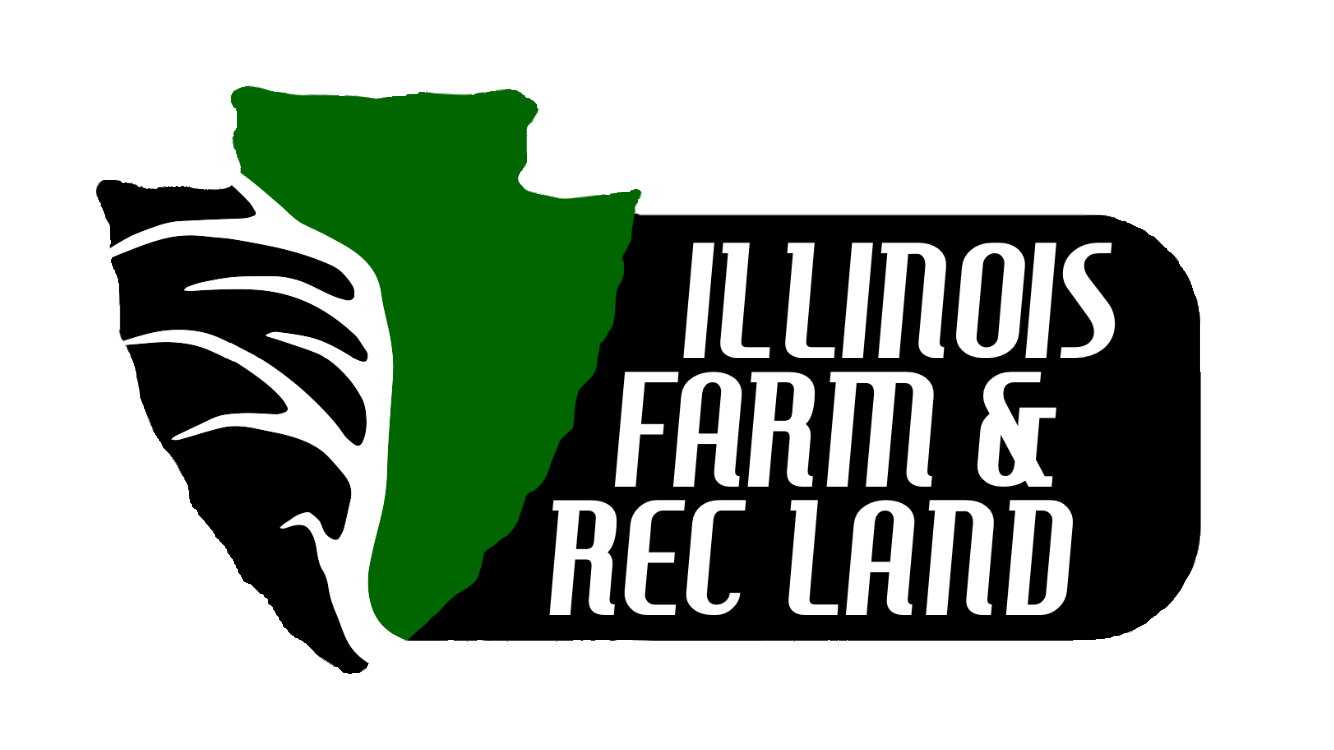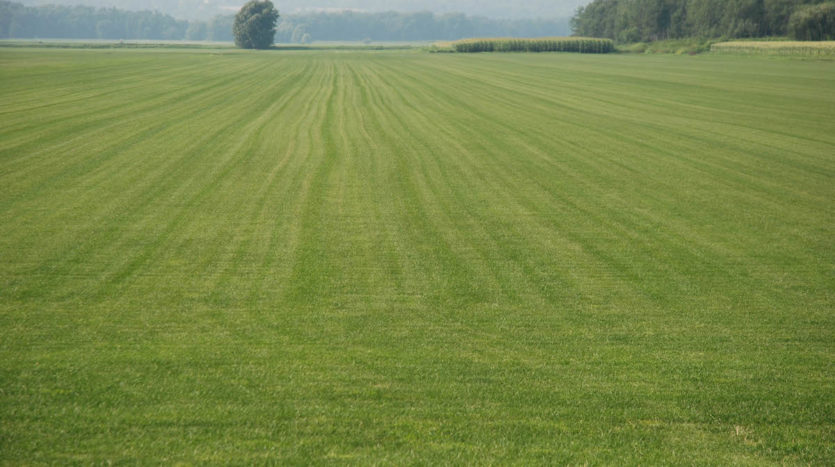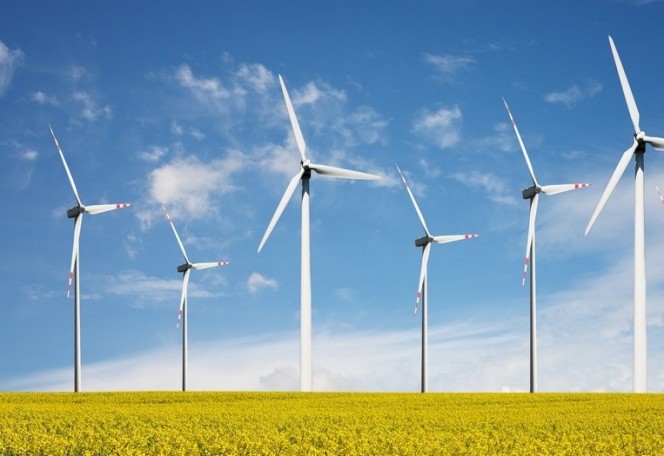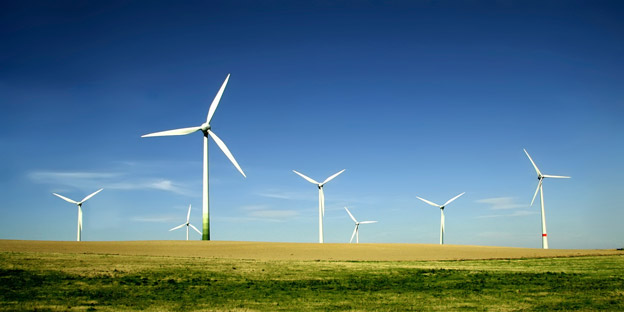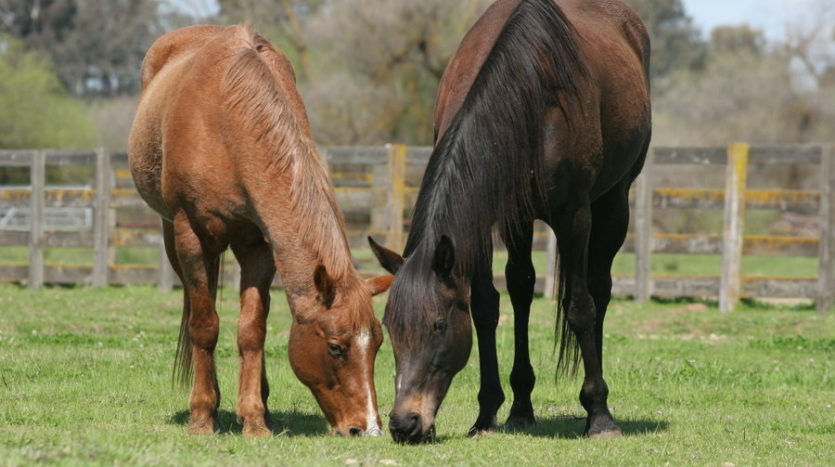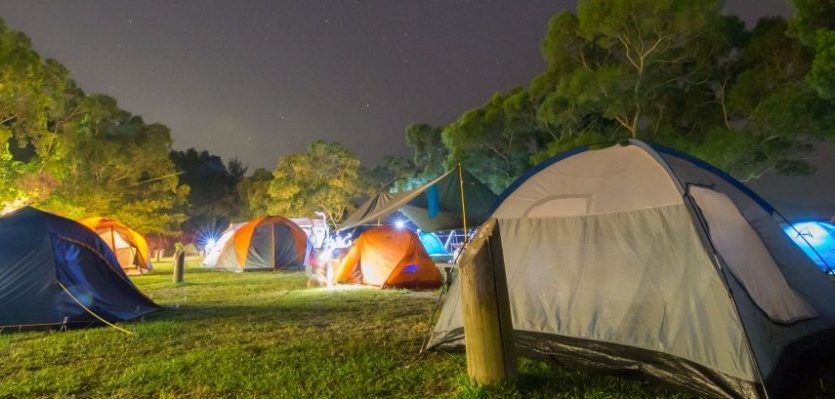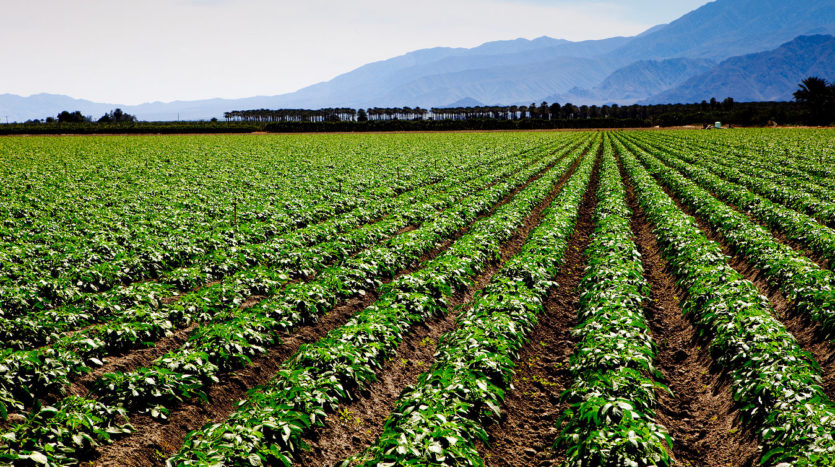How to Create Income from your Raw Land
The simplicity and stability that comes with owning the right piece of land (purchased at the right price) can far outweigh the myriad of problems that come with owning any other type of real estate. If you’ve overlooked raw land as an income opportunity in the past, you need to take a few minutes and get educated about what land is all about.
There are a number of ways that your land can earn money for you without you having to quit your day job to make it happen. The opportunities break down into two possible streams: selling products that are part of the land, and/or leasing the land to someone for one of a number of different uses.
Leases
 Wind turbines
Wind turbines
Wind as an energy source is more widespread than natural gas deposits. The developer owns and operates the turbines, but generally doesn’t own the land. Instead, they enter into long-term leases – commonly 25 to 50 years, sometimes longer – for the use of the land. Developing a wind farm requires a tremendous investment on their part, so they need to secure long-term rights to the land. The contracts are complex legal documents, and if you are approached by a wind developer and are intrigued by the possibility, have a lawyer with experience in the field help you make sure your rights are covered.
Cell towers
With cell towers come many of the same considerations for leasing as wind power, but on a much smaller scale. What a cell tower developer is seeking is a hole in the coverage that can be filled by the strategic placement of a tower. Again, they will find you. Again, leases are for a long period of time. Again, don’t enter into a lease without expert advice.
Maple tapping leases
In sugarmaking as in other pursuits, larger-scale operations are often more profitable, and many sugaring operations are seeking nearby sources of trees to tap. If your land has a substantial percentage of sugar maples, this could be a good opportunity for you. The going rate for a tapping lease is somewhere between 50 cents and a dollar per tap.
The perfect situation for a sugarmaker would be a hillside with adequate pitch that drops uniformly down to a good access road. The forest would be heavily skewed to maple – a wellstocked sugarbush, tapped conservatively, should have around 50 to 75 taps per acre.
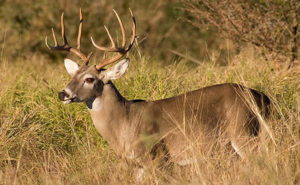 Hunting or camp leases
Hunting or camp leases
Across the region, there is a long tradition of the large industrial owners of forestland leasing camps to individuals or groups who use the land for fishing, hunting, and other recreational pursuits. Landowners have found that recreational leases help offset the property taxes and other costs of owning working land. You will need to purchase liability insurance because the favorable landowner liability protection laws that exist go out the window when you charge a fee for the use of your land.
If you lease the land, you are doing so for year-round use. If it’s a 100-acre lot that contains your residence, you will be having close and regular contact with the people you lease to. On the other hand, if your woodlot is a distance from your residence, you might benefit from the peace of mind of having your lessees using the land on a regular basis.
Logging
If your property includes wooded areas, it might be smart to get a few quotes from different logging companies to see how much you could earn from the timber. In order to preserve the value of the land and to be a good environmental steward of your property, it is not recommended that you clear-cut the land. However, you may be able to log part of it while preserving some of the wooded areas. Look into logging companies that cut sustainably by selectively harvesting only certain kinds of trees. This protects the value of the land as well as lessens the negative impact on the environment.
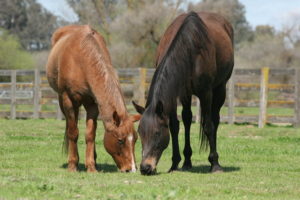 Pasturing animals
Pasturing animals
If your land includes fields, you might want to take a look through the on-line and paper classified ads in your area. More than likely you will be able to identify horse or cow owners who are looking for space to graze their animals. What a fantastic way to make money and if your land includes large pasture areas, the animals will keep the grass down so you can even save money on upkeep.
Hunting rights
If you own wooded land suitable for hunting, you can rent your land out during hunting season. Best of all, you can charge by the person or charge a flat fee. You are in control with this one, making it one of the best ways to make extra money while maintaining full use of your land during the off-season. If you have wildlife on your land, We recommend that you explore this income-generating possibility.
Storage
Have you noticed how many mini-storage rentals there are? If you have a building on site, this is another potentially lucrative way to make extra money. These days no-one seems to have enough room to store their stuff which makes storage space a prime way to earn some extra income. Even if you only have an old barn or shed you can store four wheelers or boats during the off-season (or trailers, campers, snowmobiles, classic cars etc.).
 Camping
Camping
If you have level, open land that would be suitable for camping, you might want to look into the logistics of starting a basic campground. Depending on the current condition of your property, it is possible to start up a campground with only a small amount of money. Usually to get started it only takes stakes to make the sites, some campfire rings, a port-a-potty and signs. There are so many free and inexpensive ways to advertise that you can at least place an ad and see what kind of interest it generates. If there is interest in your area, you have a pretty simple way to generate passive income without having to make a large upfront investment or do expensive upkeep.
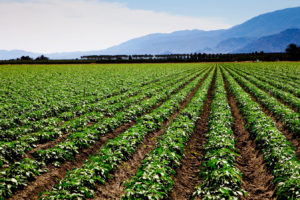 Cropland
Cropland
Depending on the kind of farming that exists in your area, there may be individuals or larger companies looking to lease land short-term or long-term for farming purposes. If you have tillable land, it could be worth your while to place an advertisement in the local paper to see if you get any hits.
